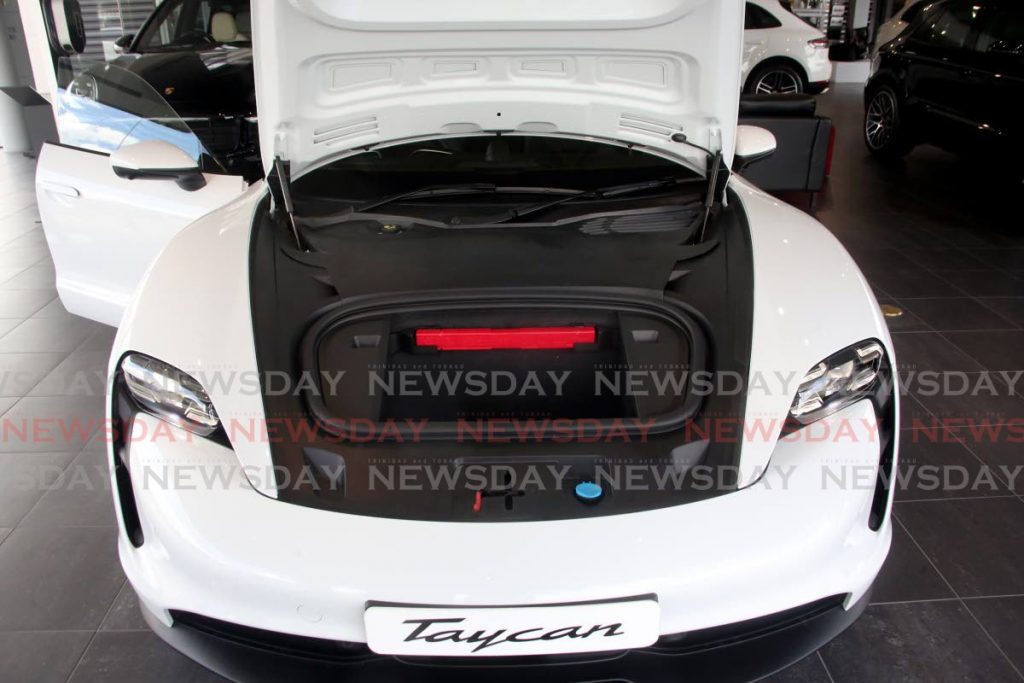The bystander budget: Time for private sector, civil society to 'unfreeze'

kmmpub@gmail.com
Every year we wait with bated breath for the holy pronouncement of the national budget. In our socialist, state-controlled economy that this has become a national pastime, though you’d think we’d get some better hobbies.
As always, us poor economists of all stripes get bombarded for requests on our thoughts. Yet having read this year’s budget speech, commenting on it feels as dispiriting as it does obligatory.
What is different about this year’s budget is that we are emerging on the other side of one of the greatest crises of our generation: the pandemic hitting our economy sapped by years of consistent decline.
This had me, amongst many others, surprisingly hopeful. The thinking was that all this would shock our economy and political structure out of a state of apathy.
What makes this budget disappointing is not necessarily its policies. On the face of it, it is a generally inoffensive mix of fiscal measures, some of which are quite good and a few of which are exactly the sort of thing that we’ve been recommending.
First off, more tech and more exports: the budget includes modest tax incentives for both, including a small tax incentive for early-stage tech companies and a five per cent tax cut for exporters. There’s even a small incentive for electric cars.
It’s certainly not nothing. But the vast bulk of the budget remains swallowed by recurrent expenditure on a bureaucracy, state enterprises and others that have remained basically untouched for years.
A crisis has gone by, but it feels that it is being wasted. I was very optimistic when the government made the courageous decision to reform Petrotrin and close our totally unproductive and wasteful refinery. Similar decisions were made at Caribbean Airlines and state-owned telecom TSTT.
But where is the deeper reform? I don’t blame the budget’s architects. We’ve been largely conditioned that any deep change requires money. The reality is that lots of our structural changes are less to do with money and more to do with the will to execute: the will to demand outcomes, and the will to follow up on them.
That’s why, even though our budget is not necessarily a bad one for an ordinary middle income country in stable times, for TT in this time and place, it is the equivalent of simply adjusting the heat for the frog sitting in its slowly boiling pot.
After the budget, I rang up Justin Ram, a senior regional economist and former director of economics at the Caribbean Development Bank. He put it starkly: “There is no acknowledgement that massive reform is required. For over ten years, have we not learnt that we can’t spend our way out of this economic doldrum that the country finds itself in?”
How long will it take to realise that prolonged deficit spending in an uncompetitive small open economy does not work?
Throwing money at problems does not work. What are the outcomes that we are looking for?
There are massive structural problems in the TT economy. Is a five per cent reduction in taxes really going to improve export performance?”
We need to start asking what specifically are the outcomes that we want our government to achieve. An effective government would not be afraid to publish quantitative targets and be honest about how prepared we are to meet them. We need deep civil service reform and serious discussions about state enterprises and red tape. We need to discuss a gradual float of the currency. Not all of this requires money.
Everything must be put in perspective. The scale of the crisis we are in makes the efforts in the budget seem paltry. One would be forgiven for thinking that the strategy is simply to keep things ticking over, whilst hoping that gas prices and production keep it so.
What this budget makes clear is that we in the private sector and civil society must take the lead. Instead of blaming the government in our post-budget conferences, companies must stand up, take ownership of our structural issues, and announce our own large scale investment project; our own internal transformations.
The bystander effect is a psychological phenomenon that sometimes happens during brutal crimes, when bystanders stand paralysed doing nothing to intervene or stop what is happening. It is time for all of us to un-freeze. We must stop being bystanders and take ownership of economic transformation.
Kiran Mathur Mohammed is an economist and co-founder of medl, an IDB Lab and Microsoft-backed social impact health tech company.


Comments
"The bystander budget: Time for private sector, civil society to 'unfreeze'"